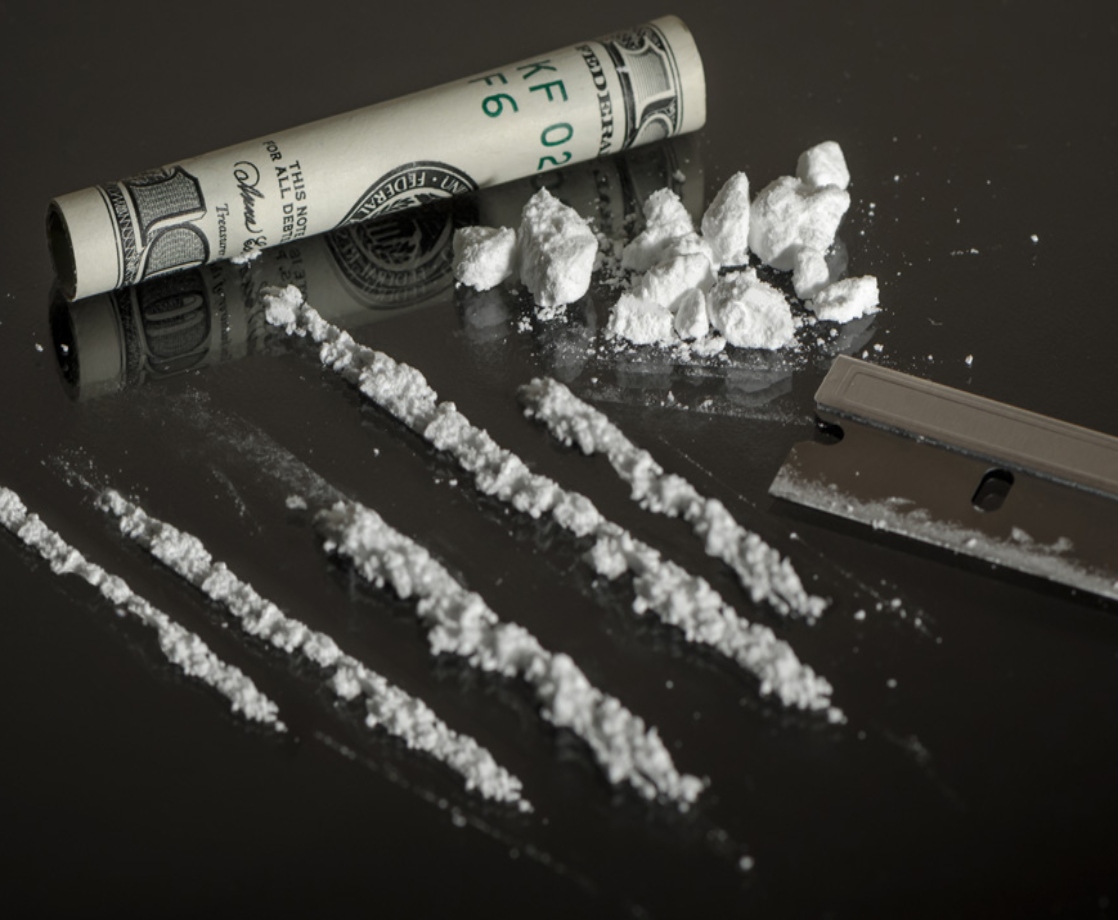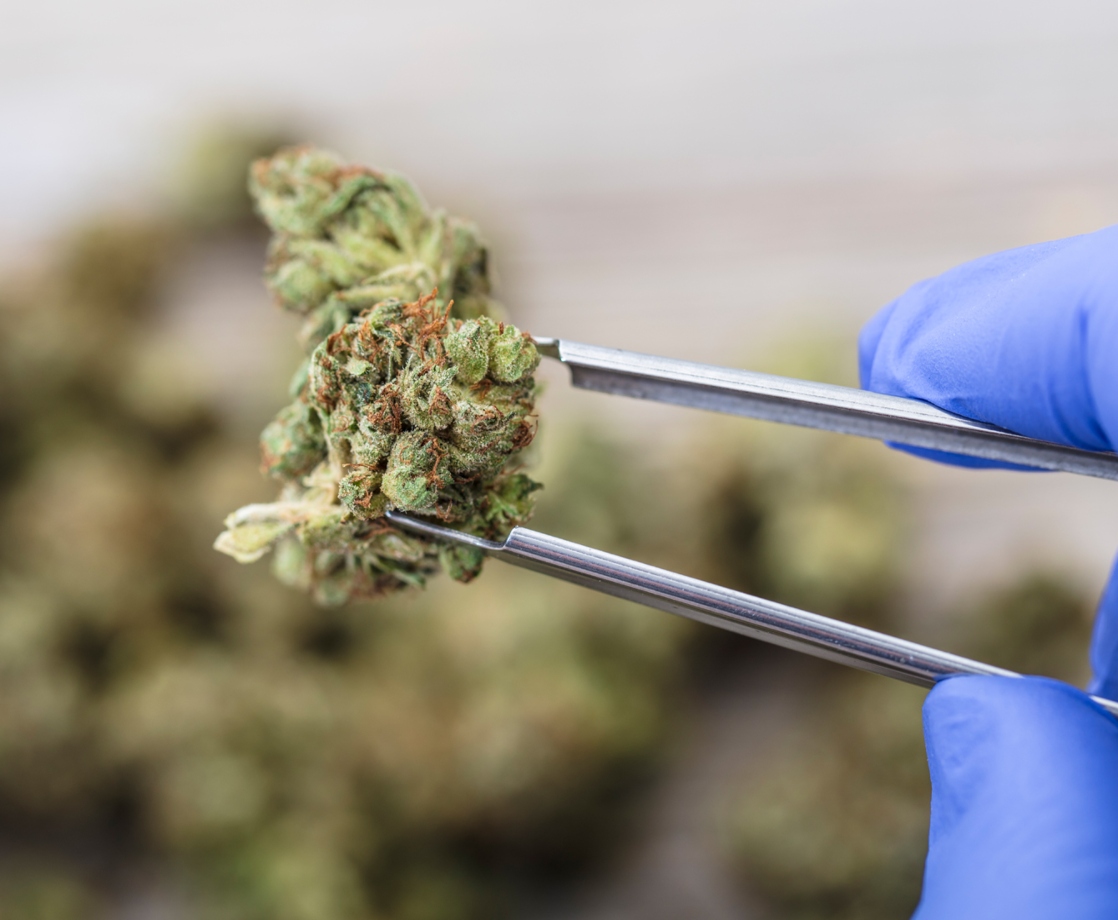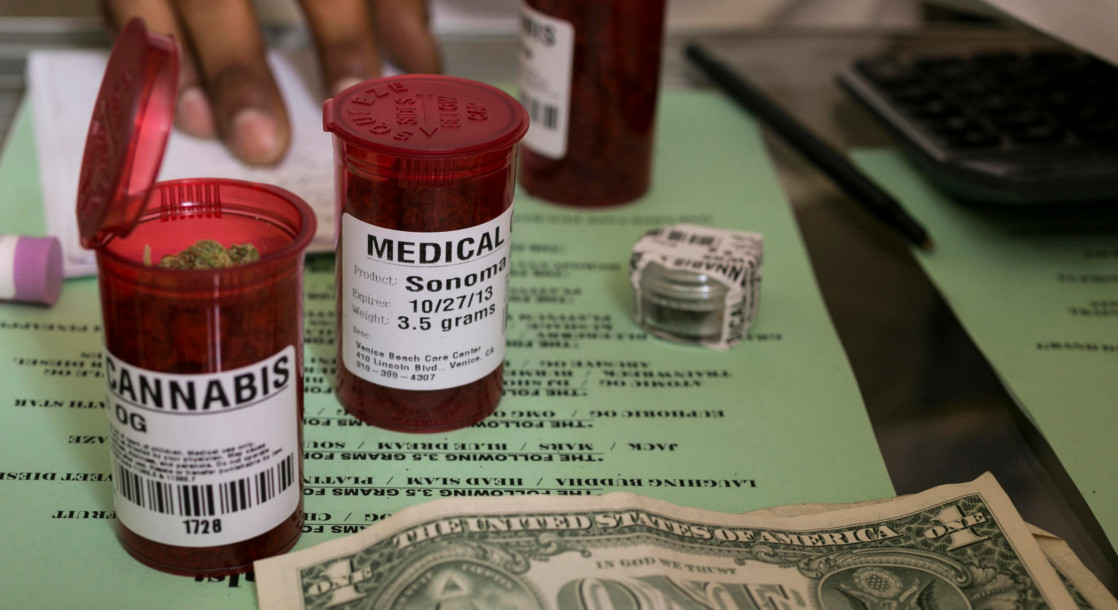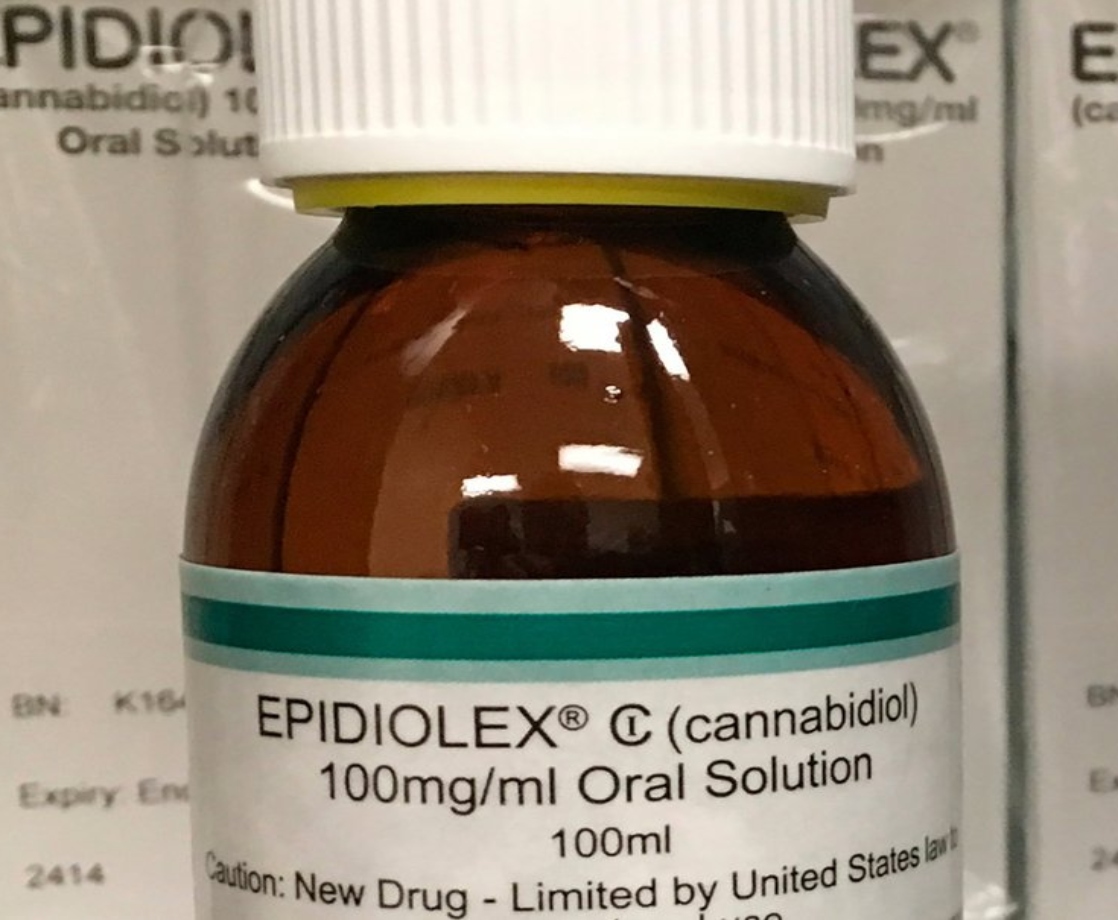Spain’s National Police stumbled on a drug trafficking ring that smuggled Colombian cocaine by infusing the drug directly into plastic products.
According to a police statement, the traffickers could produce at least 600 kilograms of cocaine every month. That’s an estimated street value of over $38 million. Every month.
The operation smuggled the cocaine inside of plastic pellets, which made them undetectable at customs checks. The police accidentally learned about the ring while surveilling another suspected drug operation.
Allegedly, members of the plastic-cocaine ring suspiciously handed off carafes to other individuals. After further surveillance, the police learned that the carafes were filled with chemicals used to extract the cocaine from the plastic pellets.
Police video showing two of the 12 arrests related to the cocaine-plastic trafficking ring.
On Wednesday, Spanish police arrested 12 individuals connected to the ring, which was led by a single family. Three of those arrested were Colombian chemists the smugglers flew in from Toledo, who reportedly worked 10 days straight at the ring’s Spanish-based labs.
Police seized 30 kilograms of cocaine paste during the operation, along with an additional 600 kilograms of cocaine-infused pellets. They believe the raids “completely dismantled the organization,” according to a statement.
Smuggling cocaine through plastic isn’t new. In 1991, engineers writing for the American Chemical Society explained how a drug smuggling operation in Miami infused cocaine into polystyrene.
In 2015, Spanish police busted a separate cocaine ring that infused the drug into plastics molded as pallets.
Other ingenious methods for sneaking cocaine past customs include grinding it up into charcoal, stuffing it into fake fruit, dissolving it into innocent-looking liquids, or swallowing baggies and popping them out later. (That last one didn’t work out so well for this guy.)
Follow Randy Robinson on Twitter











